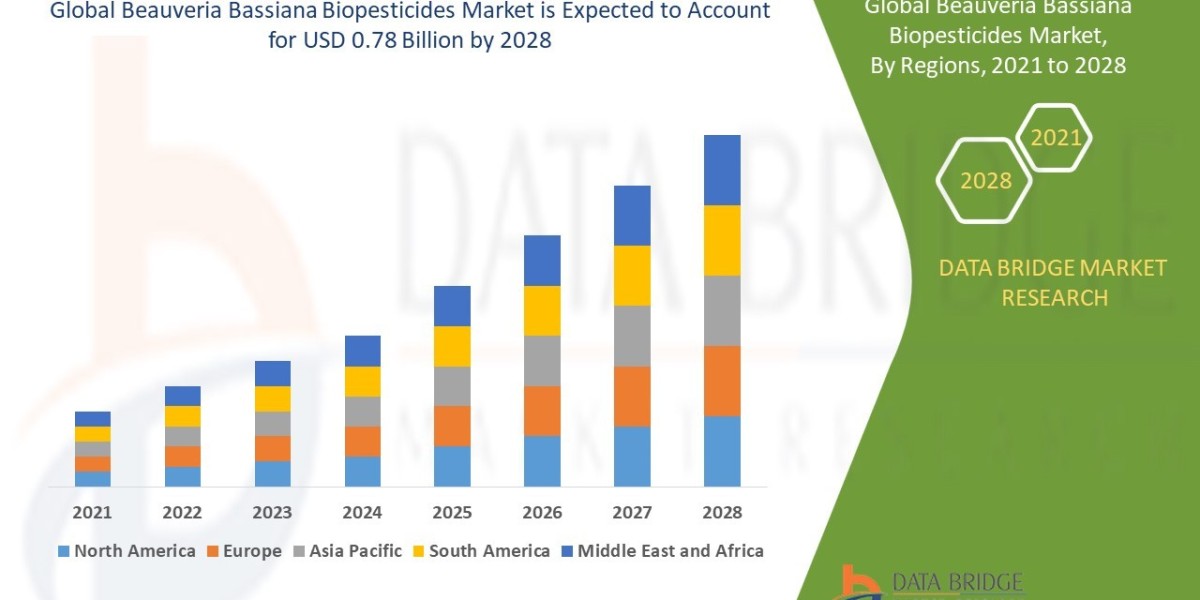The event marketing landscape is in a state of flux. As technology evolves and attendee expectations shift, event planners need to adapt their strategies to stay ahead of the curve. In 2024, the focus is on creating immersive experiences, fostering stronger connections, and measuring success with laser precision. Here, we explore the hottest trends that will help you transform your events from forgettable gatherings to powerful marketing machines.
1. Personalization Reigns Supreme
Gone are the days of one-size-fits-all event marketing. Today's attendees crave experiences tailored to their specific interests and needs. This personalization revolution is being fueled by advancements in marketing technology (MarTech) – a space where the worlds of salestech and Infotech converge. Marketers can leverage audience segmentation tools to group attendees based on demographics, past behavior, and stated preferences. This allows for targeted email campaigns with relevant content, personalized recommendations during registration, and even the ability for attendees to curate their own event schedules.
Imagine an attendee receiving an email invite that highlights sessions directly tied to their professional goals. This level of personalization fosters a sense of value and increases the likelihood of engagement. Tech publication Ciente emphasizes the importance of MarTech in a recent article, stating: "By leveraging marketing automation and segmentation tools, event planners can deliver highly targeted messaging that resonates with each audience segment, ultimately driving higher registration rates and attendee satisfaction."
2. The Hybrid Event Advantage
While virtual events experienced a surge in popularity during the pandemic, in-person gatherings are experiencing a resurgence. However, the future lies in a strategic blend of both formats – hybrid events. This approach offers the best of both worlds: the accessibility and convenience of virtual attendance coupled with the irreplaceable energy and relationship-building opportunities of face-to-face interactions.
Event marketing for hybrid events requires a multi-pronged approach. You need to create a compelling virtual experience that keeps remote attendees engaged, while simultaneously crafting a program that entices in-person participation. Interactive live streams, gamified elements, and virtual networking opportunities can bridge the gap between the two audiences.
3. AI Injects Intelligence into Events
Artificial intelligence (AI) is no longer science fiction; it's rapidly transforming the event industry. Chatbots powered by AI can answer attendee questions in real time, provide personalized recommendations for sessions and speakers, and even troubleshoot any technical glitches. This frees up your event staff to focus on more complex tasks and ensures a smooth experience for all participants.
Beyond chatbots, AI can analyze attendee data to generate valuable insights. This data can be used to personalize content recommendations, suggest networking connections based on shared interests, and even predict attendee behavior to optimize future events.
4. Data-Driven Decisions for Measurable Success
Gone are the days of relying solely on gut instinct to measure event success. In 2024, data reigns supreme. Event marketing platforms provide access to a wealth of data, including registration numbers, session attendance rates, engagement metrics for virtual attendees, and even post-event surveys. By analyzing this data, you can gain a deeper understanding of what resonated with your audience and what areas need improvement. This empowers you to make data-driven decisions for future events, ensuring a continuous cycle of improvement.
5. Building Community Through Shared Values
Today's consumers are increasingly conscious of the brands they support. Aligning your event with your company's core values and highlighting your commitment to social responsibility or sustainability can resonate with potential attendees and set your event apart.
Consider partnering with a non-profit organization relevant to your industry or incorporating sustainable practices into your event logistics. Promoting these initiatives in your event marketing materials showcases your brand's values and attracts attendees who share your vision.
Embrace the Future of Event Marketing
By embracing these top trends, you can transform your event marketing strategies and create experiences that leave a lasting impression. Remember, successful events are not just about information dissemination; they're about fostering connections, building communities, and ultimately driving business growth. So, leverage the power of technology, personalize the experience, and focus on creating value for your attendees. By doing so, you'll ensure your events are not just gatherings but powerful marketing tools that propel your brand forward.








